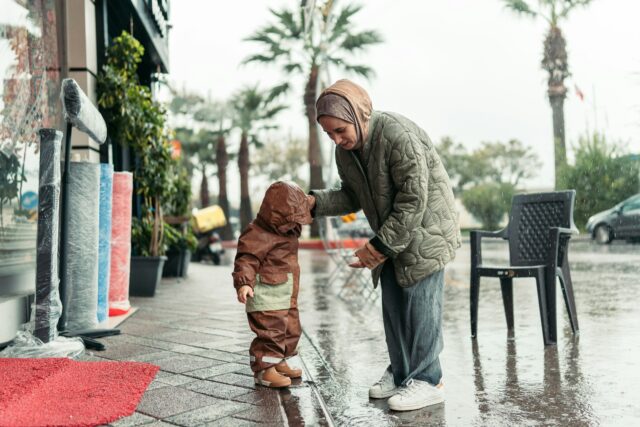Kids are like sponges, soaking up everything we say and do – and that includes the less-than-ideal stuff. If you want to build a relationship with your child based on mutual respect, it’s time to ditch these harmful phrases altogether.
1. “You always do this! / You never do that!”
 Source: Unsplash
Source: Unsplash
These all-or-nothing statements leave kids feeling like they can’t win. It’s frustrating for them and you! Instead of generalizations, describe the specific behavior you don’t like. Try something like, “We’ve talked about putting your shoes away when you come inside. Please try to remember next time.”
2. “Don’t cry! / Stop acting like a baby!”
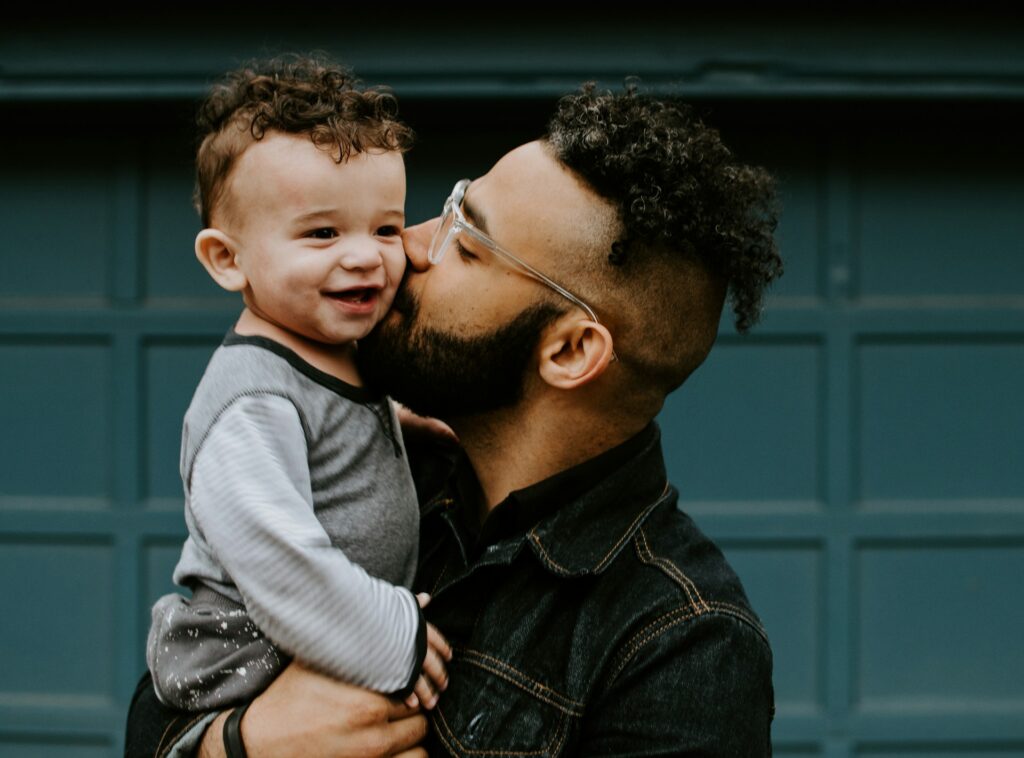 Source: Unsplash
Source: Unsplash
Everyone feels overwhelmed sometimes, kids included! Telling them to stuff their emotions teaches them to bottle things up, which isn’t healthy. Instead, acknowledge their feelings with something like, “It seems like you’re really frustrated right now. Let’s take a deep breath and see if we can fix this.” As PBS points out, it’s important to encourage healthy emotional expression in your children so that they learn how to handle their feelings better as adults.
3. “Why can’t you be more like your [sibling, friend, etc.]?”
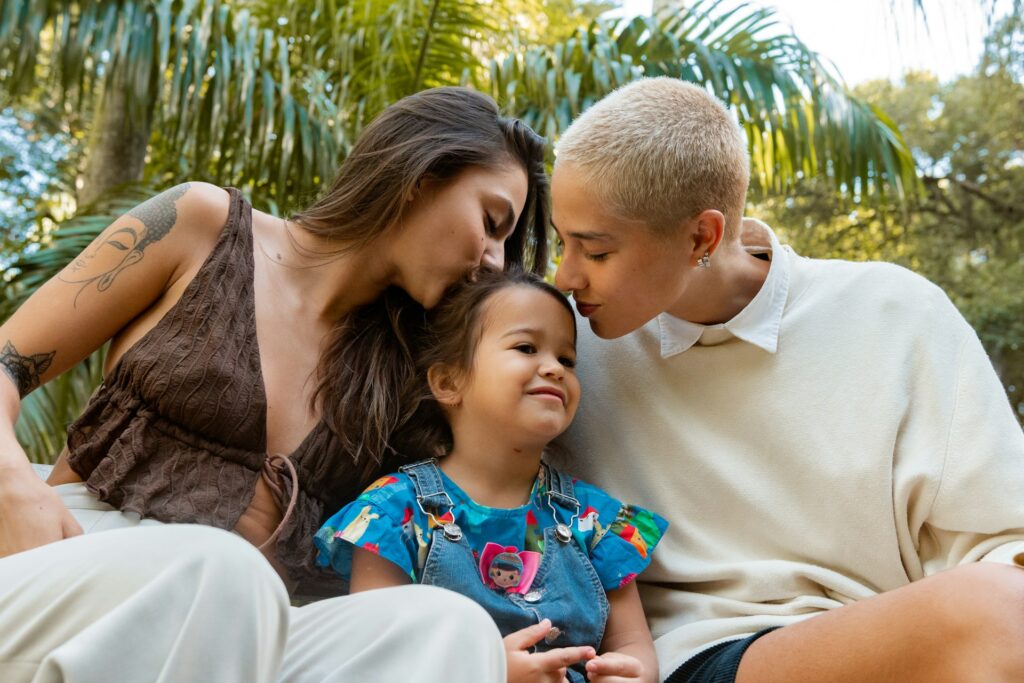 Source: Unsplash
Source: Unsplash
Ouch! Comparisons make kids feel like they’re not good enough and breed resentment. Your child is unique, so celebrate their strengths! Instead of comparing, focus on their individual growth: “I see you working hard on your math homework. Keep it up!”
4. “I’m going to count to three…”
 Source: Unsplash
Source: Unsplash
This often turns into a power struggle with no winners. Let’s be real, how often do you actually follow through? Instead, give a clear instruction with a consequence: “Time to clean up your toys. If they’re not put away in five minutes, they’ll go in time-out for the rest of the day.”
5. “Because I said so!”
 Source: Unsplash
Source: Unsplash
While sometimes this is necessary, it’s frustrating for kids to never understand the ‘why’ behind your rules. Whenever possible, give a simple explanation: “We brush our teeth to keep them healthy and strong.” This encourages understanding and cooperation.
6. “If you don’t do [this], I won’t love you anymore.”
 Source: Unsplash
Source: Unsplash
Yikes! Your child needs to know your love is unconditional, no matter what. Statements like this make them feel anxious and insecure. Instead of tying love to behavior, focus on explaining why their actions are disappointing: “It makes me sad when you don’t share your toys.” When kids know your love is unconditional, they’re more likely to thrive, Psychology Today reveals.
7. “You’re so [lazy, clumsy, selfish, etc.]”
 Source: Unsplash
Source: Unsplash
Ouch! Calling kids names – even when you’re frustrated – really stings. These labels can make kids believe those bad things about themselves. Instead, stick to describing the specific behavior you don’t like: “Leaving your dirty clothes all over the floor isn’t helpful. Please put them in the hamper.” Also, remember kids are still learning! A “clumsy” kid might just need more practice with their coordination, and a “selfish” one may need gentle guidance on sharing and taking turns.
8. “You’ll never amount to anything.”
 Source: Unsplash
Source: Unsplash
Whoa, these words cut deep and have no place in a healthy parent-child relationship. Kids desperately need our encouragement, especially when they’re struggling! Instead of focusing on the negative, find ways to highlight their efforts and improvement: “I know this homework is tough, but I’m proud of you for sticking with it.” Even if they’re not the best at something, help them find things they are good at to build up their confidence.
9. “Hurry up!”
 Source: Unsplash
Source: Unsplash
We get it, sometimes it feels like you’re herding cats to get out the door! But kids often move at their own pace. Constantly rushing them causes stress for everyone. Try giving warnings: “We’re leaving for school in 10 minutes. Time to get your shoes on!” And if you can, build in some extra time to avoid those stressful last-minute scrambles. If you’re always running late, maybe take a look at your routines to see where you can make things smoother.
10. “Just wait until [Dad/Mom] gets home!”
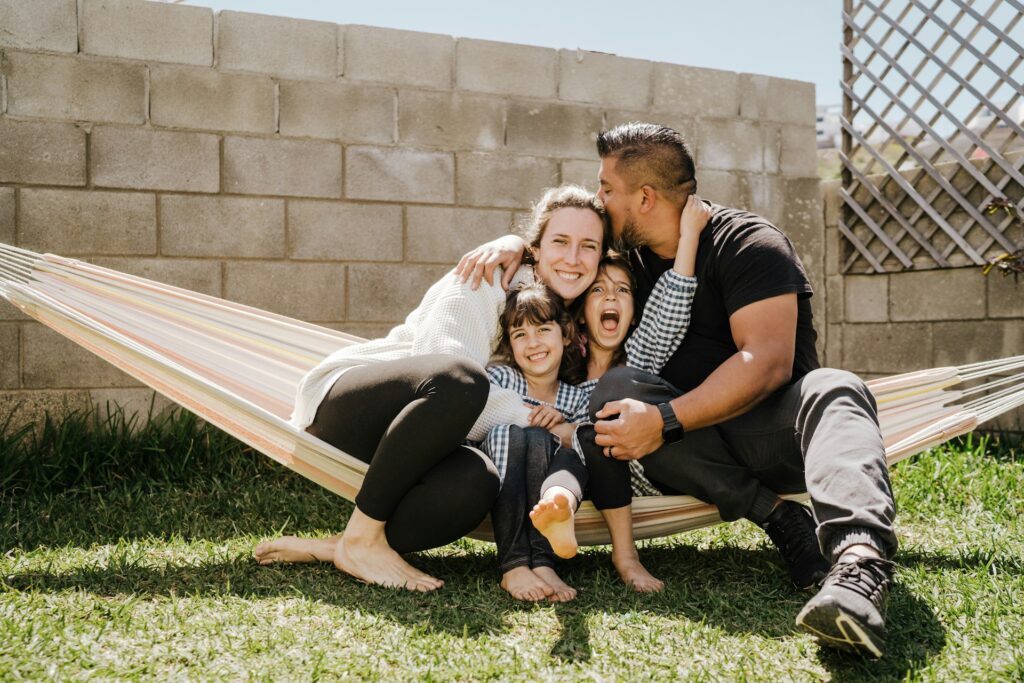 Source: Unsplash
Source: Unsplash
Using your partner as the “bad cop” isn’t just unfair to them, it also weakens your own authority. Work as a team with your partner when it comes to discipline so you can be a united front. Instead of threats, handle the issue calmly and directly yourself. Talk with your partner beforehand about how to handle certain situations, so you’re both on the same page.
11. “You owe me an apology.”
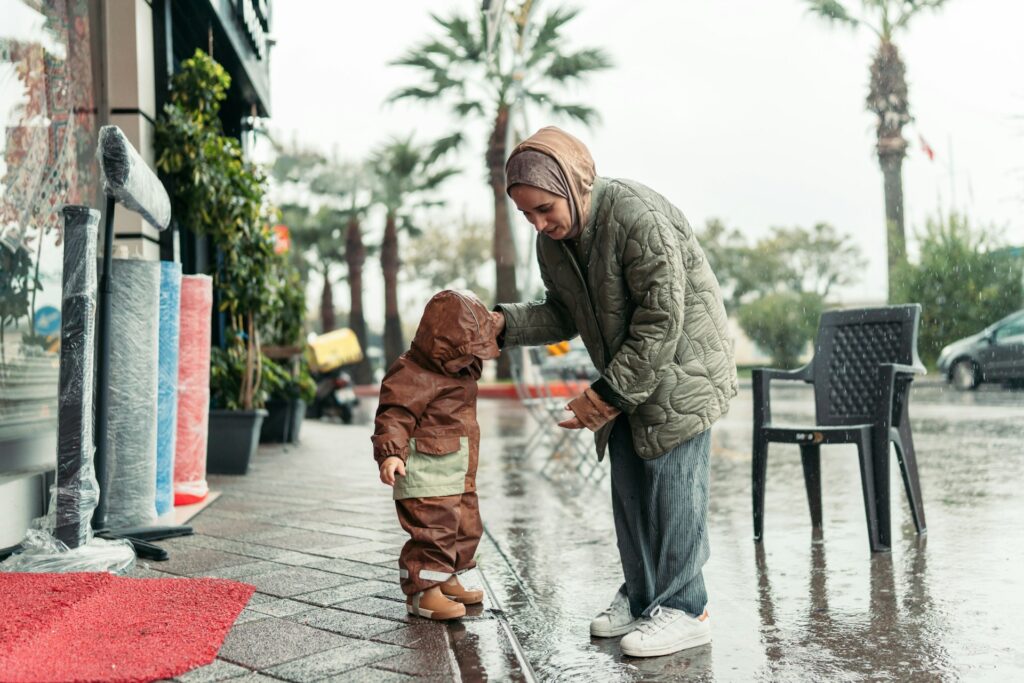 Source: Unsplash
Source: Unsplash
Forcing a child to say “sorry” when they don’t mean it is pointless and doesn’t actually fix the problem. It’s better to guide them towards understanding why their actions were hurtful: “It sounds like you made your sister feel sad when you took her toy. How can you make it better?” If they seem genuinely sorry, the apology might come naturally. If not, pushing it will just make them resentful.
12. “I’m not mad, I’m just disappointed.”
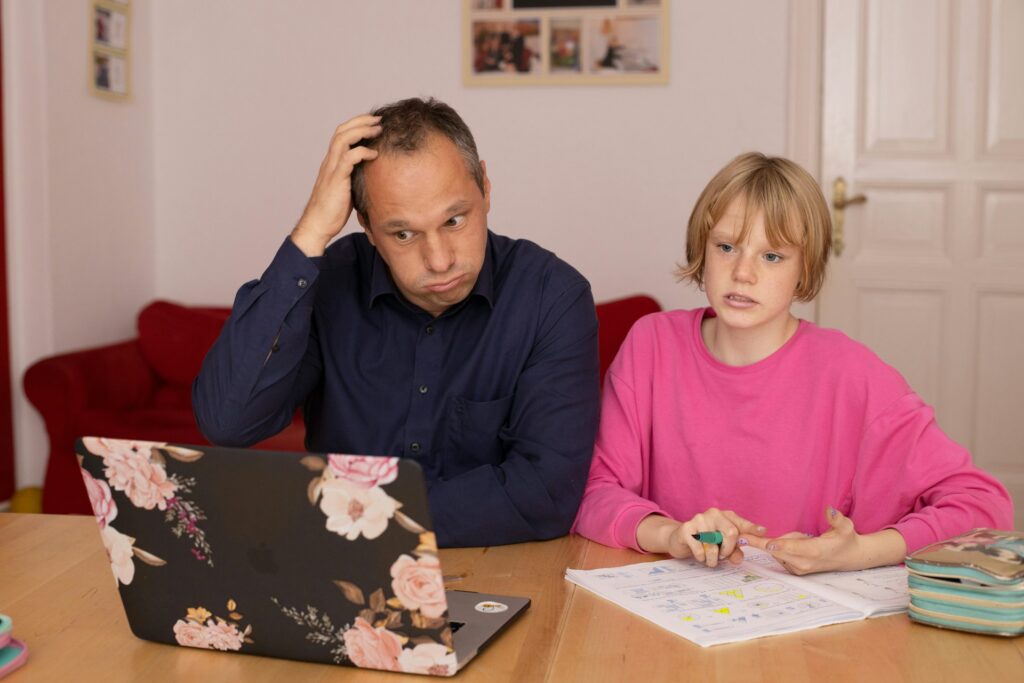 Source: Unsplash
Source: Unsplash
This guilt-trip tactic can be even worse for kids than outright anger, leaving them unsure of where they stand. Be honest about your feelings and explain them clearly: “I’m a bit frustrated because I asked you to put your laundry away, and it’s still on the floor.” Kids need to know their actions have consequences, but also reassure them that you still love them no matter what and believe in their ability to learn and grow.

